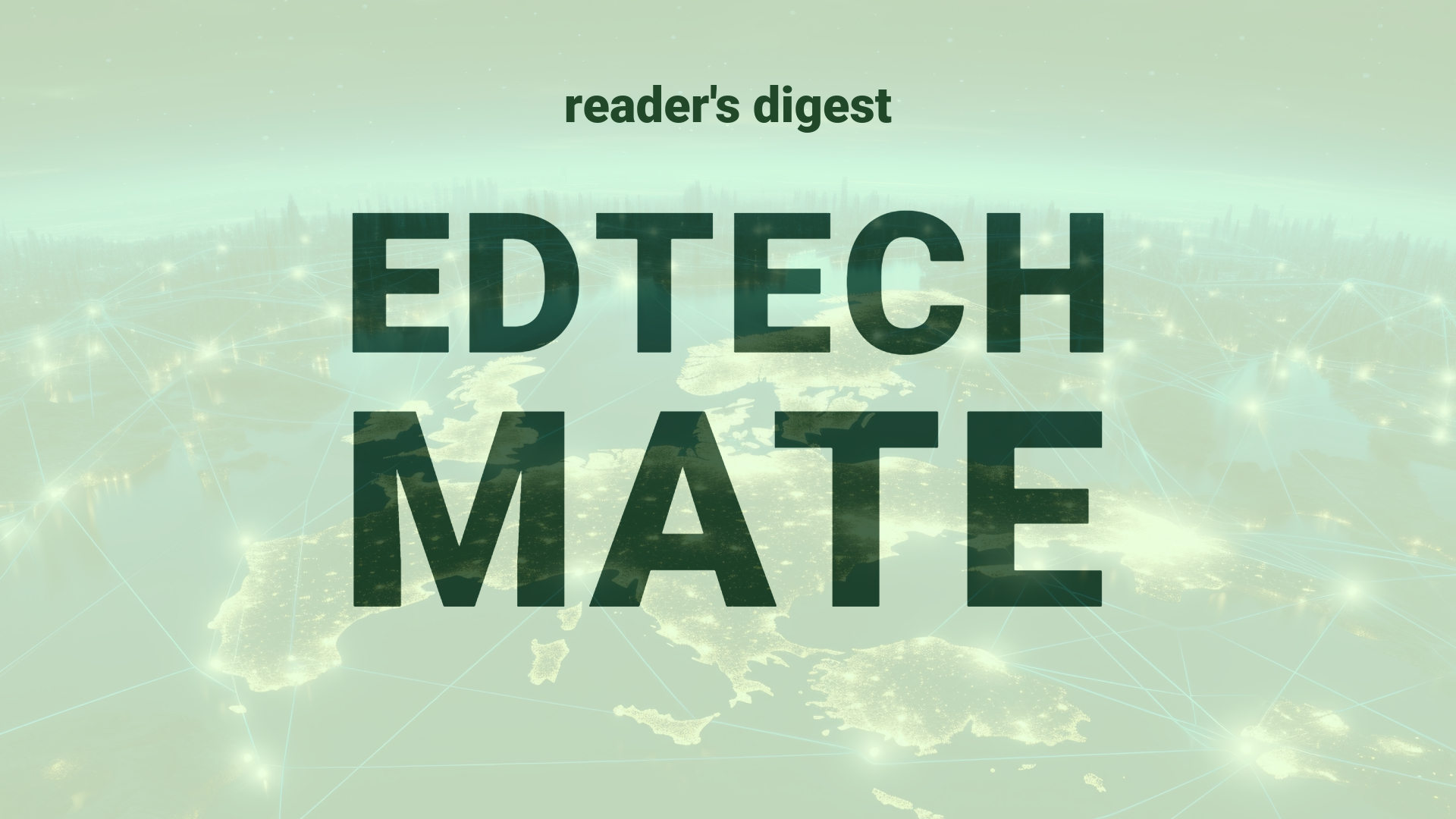“`html
Executive Summary and Main Points
The content focuses on the urgent need for cybersecurity within nonprofit organizations which handle sensitive data. Often perceived as low-priority targets with limited IT resources, nonprofits are, in fact, attractive to cybercriminals. The main points address the threat landscape these organizations face and the comprehensive suite of cybersecurity tools provided by Microsoft 365 Business Premium. Highlighted is the importance of employing Multi-Factor Authentication (MFA), creating strong passwords, ensuring regular software updates, educating staff on cybersecurity practices, and utilizing built-in security features to safeguard against threats.
Potential Impact in the Education Sector
These cybersecurity practices are directly applicable to Further Education, Higher Education, and the burgeoning field of Micro-credentials, where sensitive student data and intellectual property must be protected. By adopting these measures, educational institutions can fortify their defenses, fostering strategic partnerships with confidence. The interoperability of Microsoft 365 with various institutional systems further aids digitalization efforts.
Potential Applicability in the Education Sector
Innovative applications of these cybersecurity measures include the use of AI to detect and respond to security incidents, the deployment of digital credentialing, and maintaining the integrity of remote learning systems. Global education systems can leverage Microsoft 365’s security features to protect against data breaches and bolster trust among stakeholders.
Criticism and Potential Shortfalls
While Microsoft 365’s cybersecurity tools offer robust protection, reliance on a single vendor can present challenges, such as compatibility with non-Microsoft platforms. The one-size-fits-all nature might not align perfectly with the specific needs of diverse educational environments worldwide. Moreover, there are ethical and cultural implications concerning data sovereignty and the handling of sensitive information that must be critiqued and addressed.
Actionable Recommendations
Education leadership should implement a comprehensive cybersecurity strategy that includes training, policy enforcement, and regular audits. Partnerships with cybersecurity experts can further enhance an institution’s defenses. Future projects may consider the integration of Microsoft 365’s cybersecurity tools with an eye on scalability, flexibility, and compliance with local data protection laws to meet the unique demands of international higher education.
“`
Source article: https://techcommunity.microsoft.com/t5/nonprofit-techies/simple-cybersecurity-steps-every-nonprofit-can-take-using/ba-p/4168515

